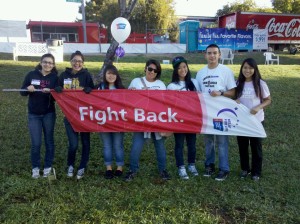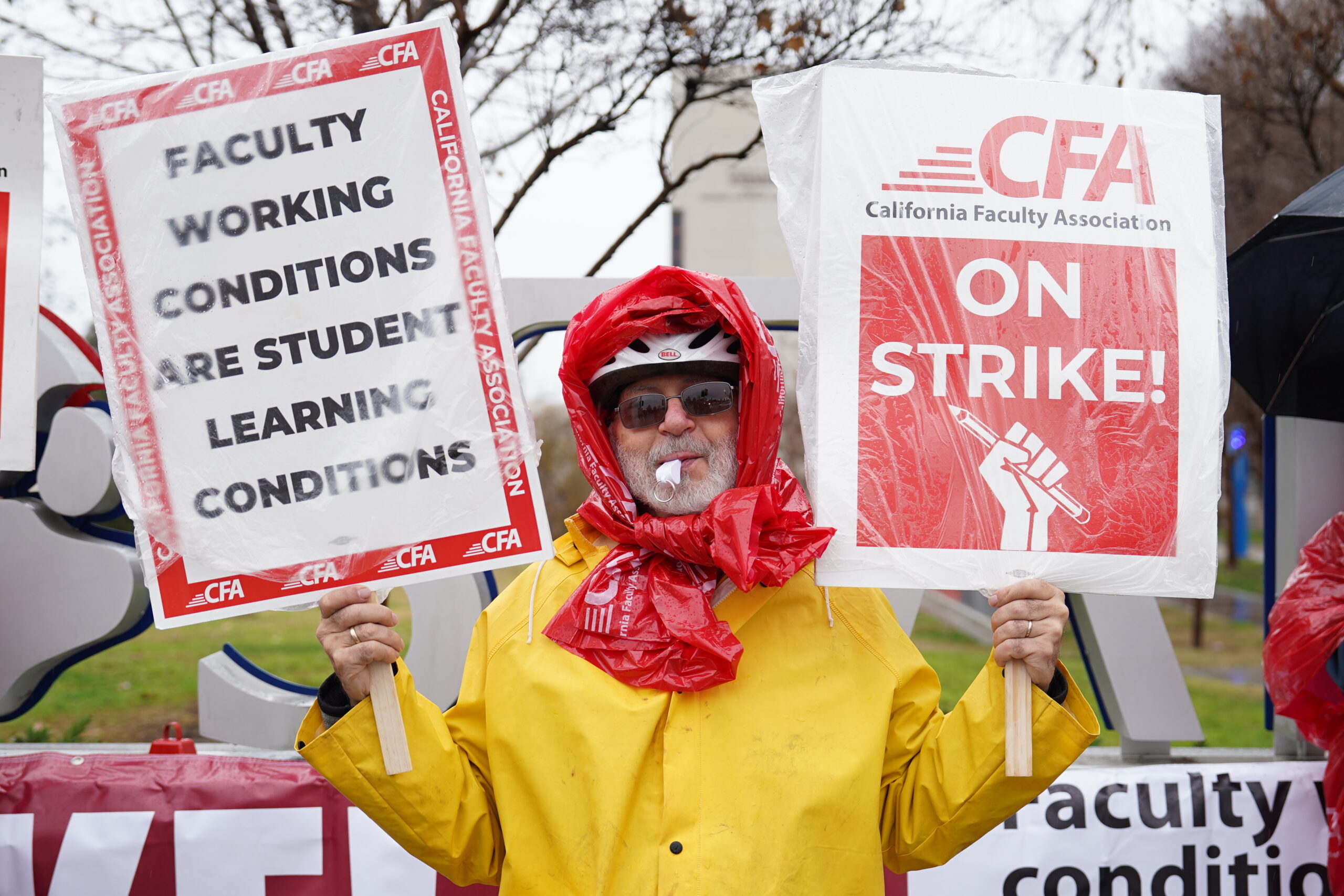Friends would talk with me about applying for scholarships and financial aid, but they didn’t understand the situation I was in. Scholarships and financial aid wouldn’t be enough to pay my dues. I also feared my sibling was correct in informing me that being denied a fee waiver would result in the loss of all aid.
Shortly after this, my Advanced Composition teacher lead a discussion covering many of my unanswered aid questions. I learned about the financial aid process, including who and why recipients are given aid. Because of my struggle in getting aid, I started to investigate financial aid on a deeper level, believing in the principle that students should be able to attend college, even when they don’t have the money.
The more I asked around, the more I realized the aid process is difficult for many people: “I think applying for financial aid was a little nerve wracking,” said Blair Eliason, my former Advanced Placement teacher. “I was worried I would not be awarded aid, but it turns out I was approved for a student loan and I received a grant. So I was very happy about that. But I think the task of applying is a little daunting and unnerving.”

As I investigated issues surrounding financial aid, I noticed other areas I think should be improved, especially how students are selected to receive aid.
Affirmative Action ensures financial aid is given to more need based students, and takes into consideration personal factors in order to benefit underrepresented groups. Affirmative Action has become a main determining factor in who earns government aid and which needy student can continue their education after high school. However, in the last half century, statistics show that Asian-American students were not likely to receive any type of federal aid, in contrast to other racial/ethnic minority groups. Although need is the prime reason to provide aid to students that are willing to further their education, merit-based needs should be prioritized as well; equally distributed amongst the two.


